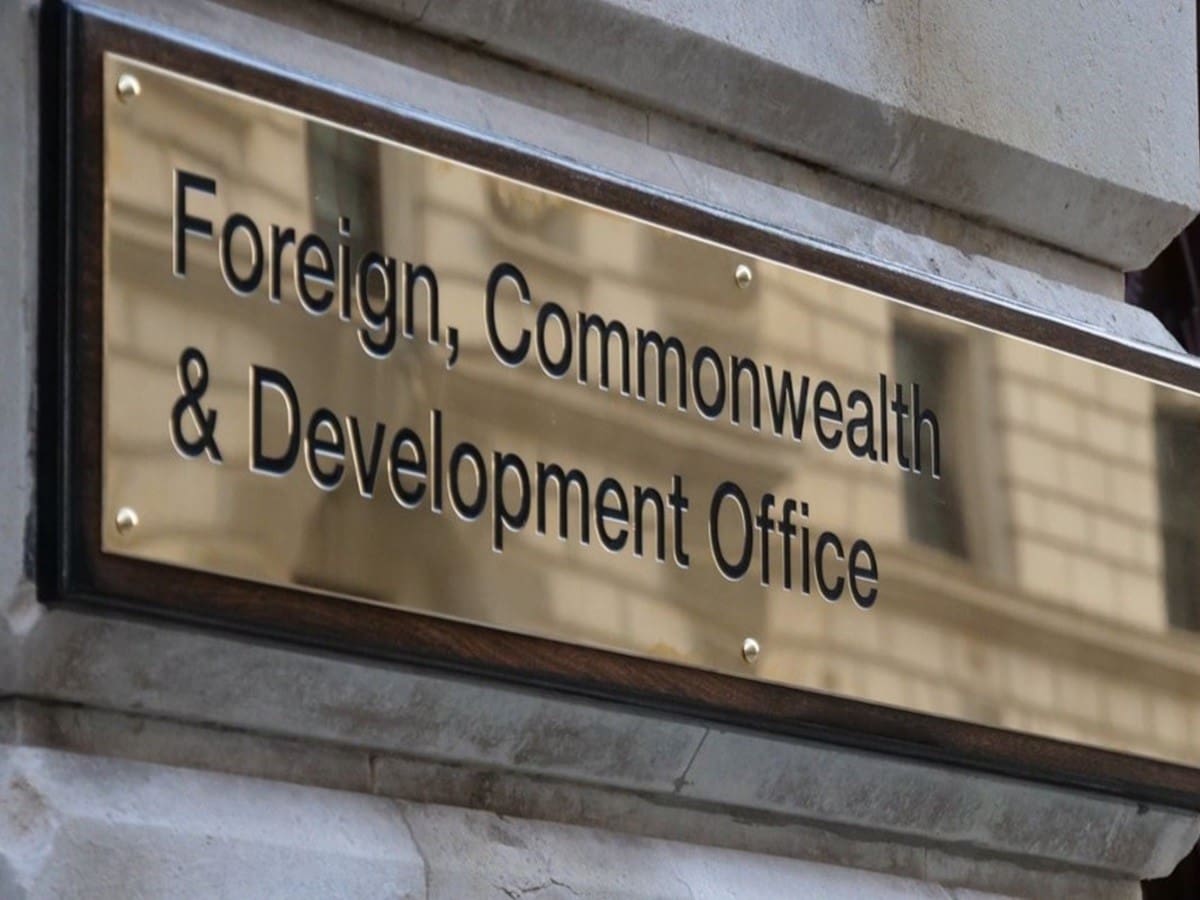On Wednesday 10 April the Foreign, Commonwealth & Development Office (FCDO) published its provisional statistics on how the UK’s international aid budget was spent in 2023. Without irony, the FCDO admitted that around a quarter of it was spent within the UK.
This annual publication provides an overview of the provisional UK aid spend in the calendar year 2023 and has revealed that the UK is spending more than a quarter of UK aid on costs associated with housing refugees in the UK.
This spending by the Home Office and other departments to cover administrative and accommodation costs for housing refugees in the UK continues to hinder the ability of FCDO to scale up its spending on sustainable development.
Gross mismanagement of the aid budget
The UK spent £4.3bn on costs associated with refugees in the UK in 2023, compared with £3.7bn in 2022.
The UK spent nearly 5 times as much on refugee costs in the UK as spent on bilateral support for humanitarian needs in 2023. The UK spent £888m of bilateral UK aid on humanitarian assistance in 2023, a decrease of £221m (19.9 %) from £1.1bn in 2022.
The FCDO statistics also reveal that:
- 27.9% of the UK aid budget was spent on refugee costs in the UK in 2023 (£4.3bn) compared to 28.9% in 2022 (£3.7bn).
- Spending on asylum seekers and refugees in the UK has increased by 16.4% since 2022.
- A total of £15.4bn was spent in 2023 making this 0.58% of gross national income.
- The UK spent £4.3bn of the UK aid budget on refugee costs in the UK in 2023 compared to £4.1bn UK aid spent by the FCDO bilaterally.
- The Home Office spent £2.9bn in 2023 (19.2% of the UK aid budget), while in 2022 this was at £2.3bn (18.7%).
Cutting international aid budget
Across the FCDO, spending internationally declined. The report found that the department’s spending accounted for 61.6% of the UK aid budget in 2023 (£9.4bn) compared to 59.7% in 2022 and 71.6% in 2021. While this is an increase on 2022, it remains below 2021 and years preceding. Specifically in 2023, the FCDO spent:
- £1.05bn of its region-specific bilateral UK aid in Africa (52.4%). While this has been an increase in share from 42.9% in 2022, in total numbers this is a decrease from £1.06bn in 2022.
- £619m in Asia (30.8%). This is a decrease in comparison to 2022 both in terms of total and percentage, £925m (37.4%).
- £248m (12.3%), in Europe, while in 2022 this was £335m (13.5%).
Stop spending international aid in the UK
Gideon Rabinowitz, director of policy and advocacy at Bond, the UK network for NGOs, said:
With over a quarter of the UK aid budget being spent right here in the UK, the government seems to have lost its grip on UK aid spending which is weakening the UK’s ability to respond to urgent global crises and support long-term sustainable development needs in lower-income countries.
INGOs are once again seeing vital funding for emergency support programmes in Somalia, Yemen and elsewhere being cut or held back, and we suspect this is due to escalating Home Office asylum costs taking an increasing chunk of the UK aid budget.
The government must stop seeing the UK aid budget as the primary pot for this spending given that it is legally required to support poverty reduction in lower-income countries.
While we welcome UK aid spending increasing from 0.50% to 0.58% of gross national income, we urge the government to commit to this as the new minimum spending floor as we begin to scale up to return to 0.7%.
Featured image via the UK government




